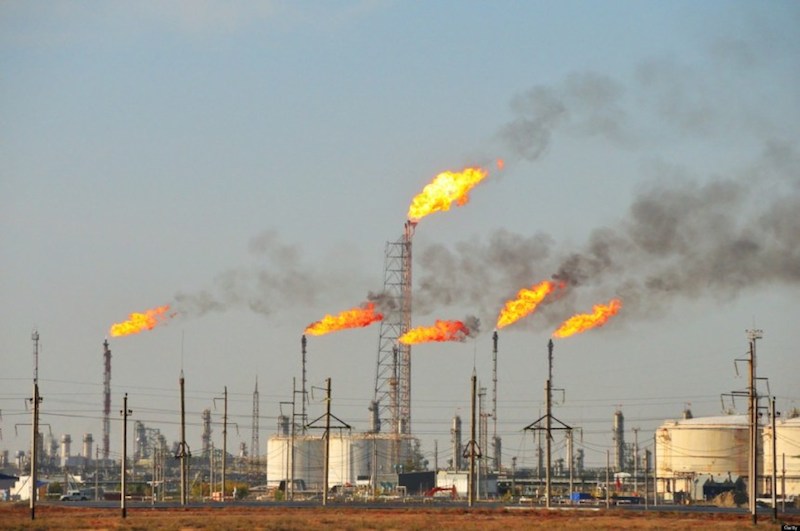11
ABUJA – Between 2021 and 2024, Nigeria wasted over 817,000 mmscf of gas through flaring, equivalent to losing more than 23 trillion litres of potential energy, BudgIT Nigeria has disclosed.
The loss of gas through flaring, various analysts told Daily Independent, could have generated over 110,000 GWh of electricity, enough to power more than 10,000 Nigerian homes for a year.
The value of the lost gas was obtained from the official X handle of BudgIT Nigeria @BudgITng by Daily Independent in Abuja.
Gas flaring remains a persistent problem in Nigeria, causing severe environmental damage and economic loss.
Despite decades of government efforts, including court rulings, deadlines set by past administrations, and legislative attempts, enforcement has been weak due to unclear laws, poor government engagement with oil companies, and regulatory gaps.
Key interventions have included: The 2005 Federal High Court ruling declaring gas flaring illegal as a human rights violation; missed government deadlines to end flaring under Presidents Yar’Adua (2008) and Jonathan (2011); the stalled Gas Flaring Prohibition Bill (2017–2018) which failed to become law; the Petroleum Industry Act (2021), which requires feasibility studies for gas utilisation but permits flaring without penalties for up to five years; and the Associated Gas Re-Injection Act (AGRA), allowing exemptions and issuing fines too low to deter flaring.
Regulatory bodies like the Nigerian Upstream Petroleum Regulatory Commission and the Nigerian Midstream and Downstream Petroleum Regulatory Authority face challenges from overlapping mandates, weak penalties, and limited monitoring capacity.
Efforts to integrate satellite tracking and public transparency remain incomplete.
The government now targets ending routine gas flaring by 2030 in line with global climate goals.
Collaborative initiatives are underway, including methane emission guidelines, national flare reduction targets, and the Nigerian Gas Flare Commercialisation Programme (NGFCP), which promotes flare gas commercialisation.
However, success depends on stronger enforcement, meaningful penalties, community engagement, compensation for health impacts, and accelerating flare gas utilisation projects for power and industry.
Until these critical steps are firmly implemented, Nigeria risks continuing to lose vast energy resources and enduring the environmental and social costs of gas flaring.








